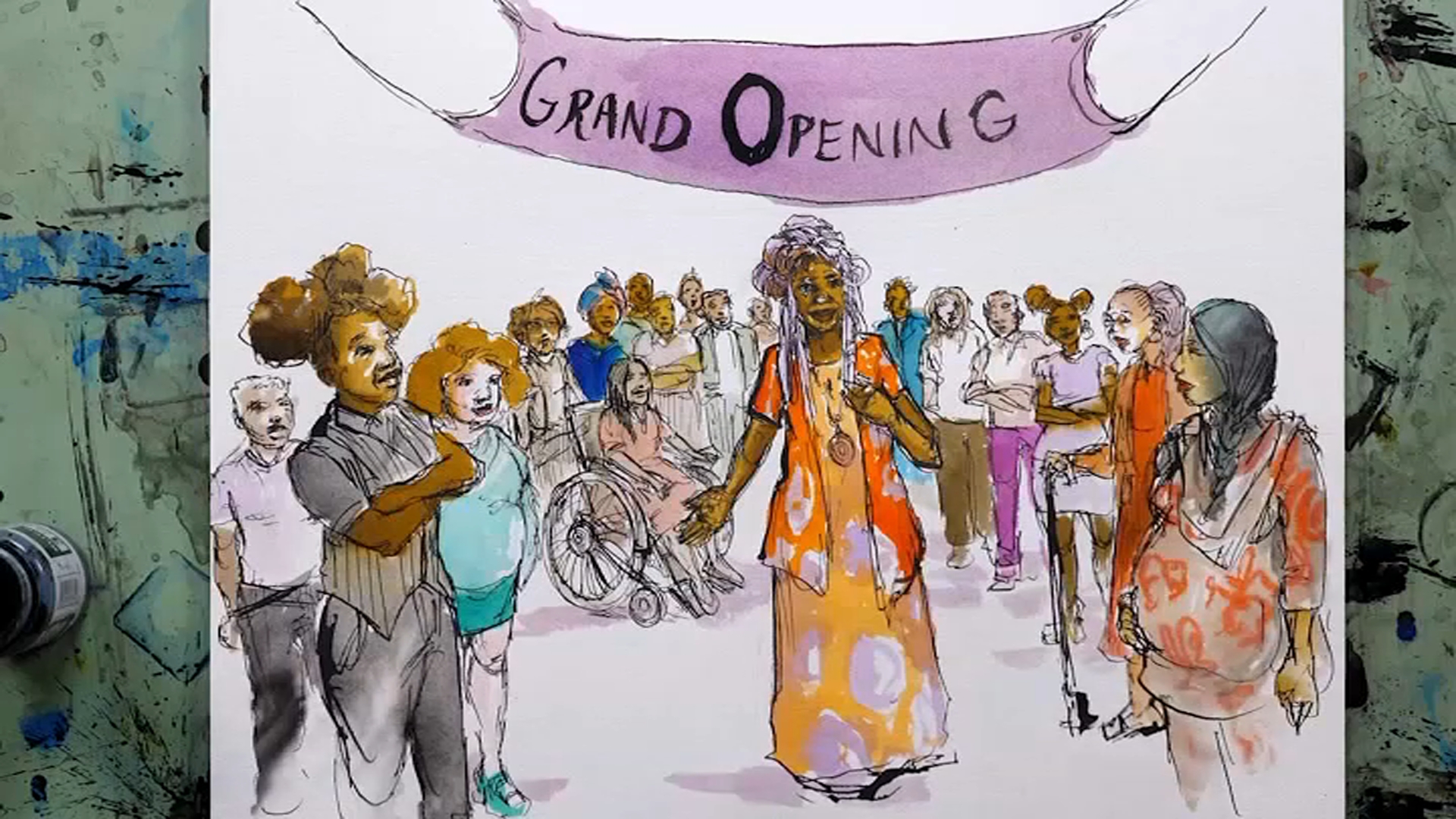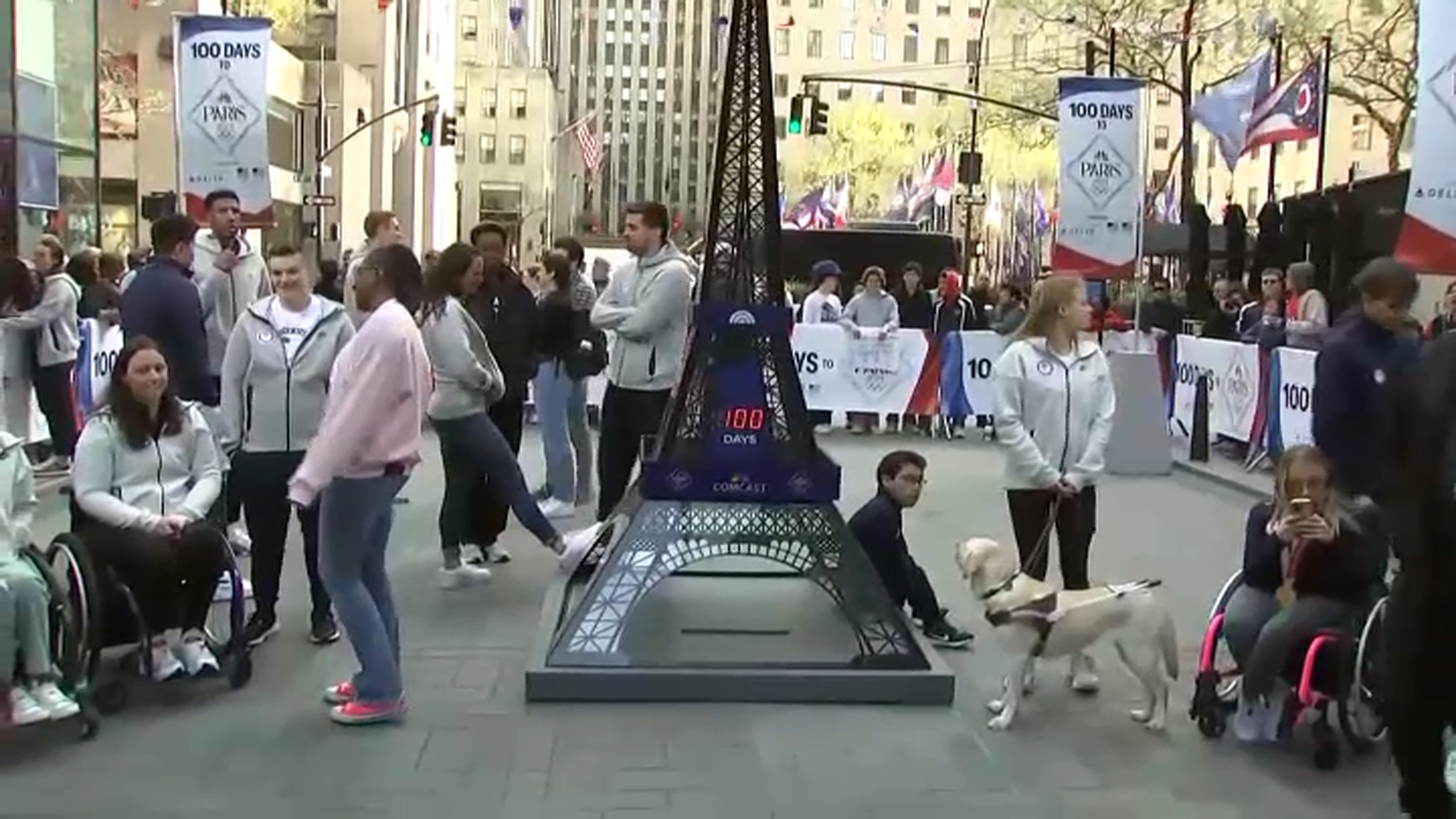Warning: Some of the details in the story below are graphic and may be disturbing to some readers.
A Massachusetts judge has tossed out one of the two second-degree murder charges facing Erika Murray after three infants were found dead in the so-called Blackstone "House of Horrors" trial.
The decision came Tuesday, six days into the trial. Murray, 35, continues to face charges that now include one count of second-degree murder, two counts of assault and battery on a child causing substantial injury, two counts of reckless endangerment of a child, two counts of cruelty to animals and one count of concealing a fetal death.
"There is no evidence presented by the Commonwealth... that the baby was ever born," Judge Janet Kenton-Walker said Tuesday. "You can only cause the death where the victim was alive."
Prosecutors had tried to convince the judge that the babies were alive in order for Murray to face homicide charges. Whether or not the deceased infants were ever alive has been the biggest hurdle for the prosecution to prove as part of its burden of evidence for the murder charges.
"There's ample evidence to find Erika Murray caused the death of her children with malice," said prosecutor Christopher Hodgens.
The prosecution rested its case Tuesday after interviewing several witnesses and trying to convince the judge over the course of a week that Murray was responsible for murder after authoritites discovered three dead babies in her now-demolished Blackstone, Massachusetts home. She was only facing murder charges for two of the deaths.
The trial began with the defense claiming there was insufficient evidence that proved Murray caused the infants' deaths.
"There was insufficient evidence to establish that more than one baby was born alive," said defense attorney Keith Halpern.
They also said there was not enough evidence to support she allegedly assaulted the two children discovered in the house by a neighbor.
"It's impossible to know which problems may have been caused by neglect, which problems may have been caused by autism, which may have been caused by both," Halpern said of the 3-year-old child found in the house.
Defense attorneys argued that the 3-year-old's physiological problems were "resolved... within weeks of being placed at a foster home." Halpern said the child's impairment was not permanent.
Murray waived her right to a jury trial and placed her fate in the hands of a judge.
Local
In-depth news coverage of the Greater Boston Area.
The defendant gave birth to the dead infants in the squalid home, according to authorities. She kept their births hidden and when the babies died, their bodies were placed in cardboard boxes and in closets. Their remains were found by officers who responded to the home.
Murray's attorneys argued that evidence did not provide support that the outcome of the babies' fate would have come out differently if she hadn't had home births for them.
"You can't base a murder conviction on 'that probably would have happened' because we just don't know," Halpern said.
Prosecutors fought back on Tuesday.
"There's ample evidence that Erika Murray caused the deaths (of two children). It's the differential treatment of Erika Murray's children that makes this a case of malice," prosecutors said.
The defense argued that the fact that the two youngest living children were found alive "suggests there was no intention to kill anyone, there was simply an intention to hide everything."
For live updates on the trial, click here for NBC10 Boston reporter Alysha Palumbo's Twitter feed.



